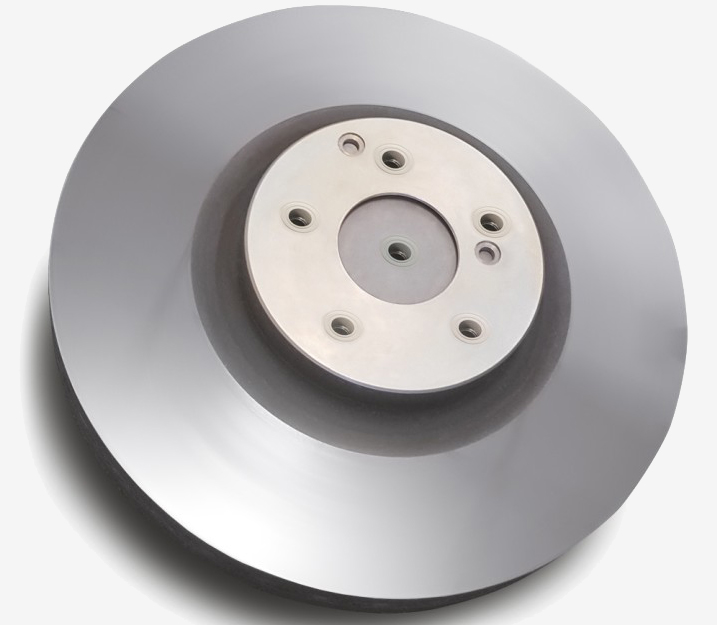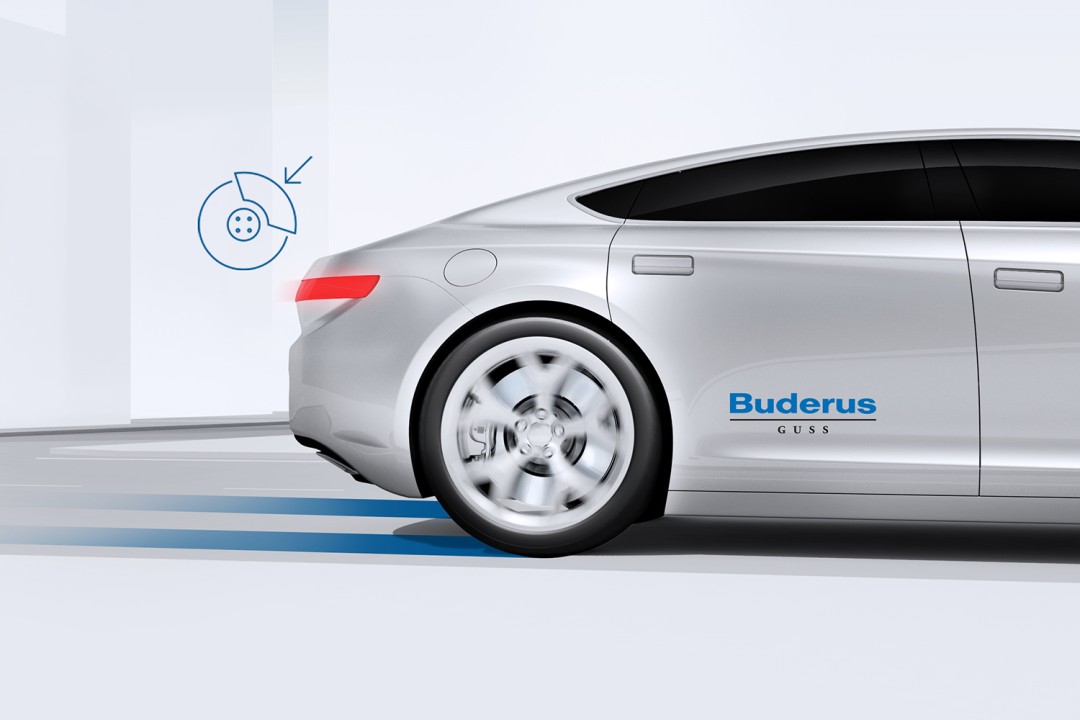Alternative fuel sources like hydrogen and electricity are heralded for their ability to cut emissions in automobiles, and rightfully so. What many seem to overlook, however, is the fact that fuel sources aren't the only contributors of pollution related to vehicle use.
According to Bosch, a vehicle's brakes and tires are responsible for a whopping 32 percent of all driving-related particulate emissions. Fine particles like brake dust often end up getting washed away during rain storms although some of the particles can be large enough that they contribute to air pollution.
It's a problem that Bosch is looking to address with its latest innovation.

The Bosch iDisc (from subsidiary Buderus Guss) is a new type of brake disc designed to reduce brake dust by up to 90 percent. It consists of a standard cast iron brake disc with a special coating made of tungsten carbide. That may sound simple enough but according to Bosch, it took several years of research to reach this point.
Bosch says the iDisc offers braking power that comes close to ceramic brakes, especially as it relates to fading (a brake's inability to work due to a buildup of heat), and will also last about twice as long as a standard disc.
Gerhard Pfeifer, CEO of Buderus Guss, said the iDisc is primed to replace the conventional cast iron brake disc and become the new industry standard.
As you might have guessed, price will be a barrier for some. Bosch says the iDiscs are about three times more expensive than a standard cast iron disc but about three times cheaper than a ceramic brake disc, a high-end solution used primarily on sports cars.
Production of the iDisc will begin sometime this month.
